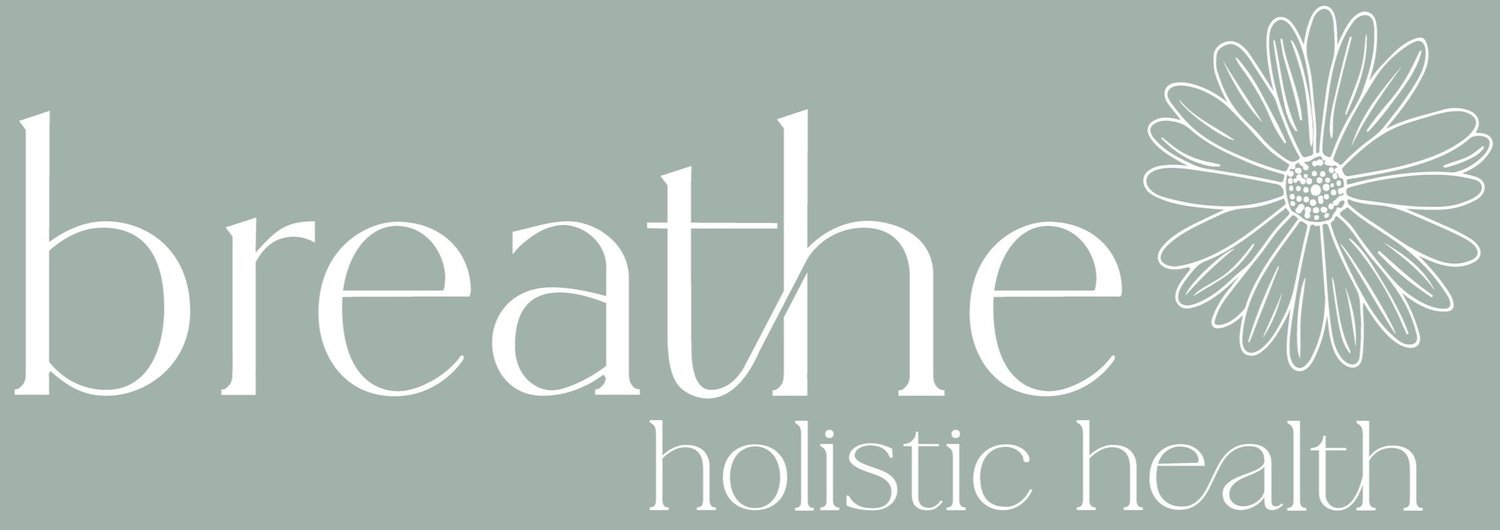
Gold Coast Psychologists
Stress
What is stress?
Modern research shows us that stress is a ‘burst of energy’ or a vital warning sign that basically advises you on what to do. In small doses, stress has many advantages. For instance, you may find that being ‘stressed’ motivates you to focus on your work, helps you meet daily challenges and motivates you to reach your goals. It can even help boost your memory and help you accomplish tasks more efficiently. This is because when our brain perceives some kind of stress, it starts flooding the body with chemicals like epinephrine, norepinephrine and cortisol. This creates a variety of reactions such as an increase in heart rate and blood pressure, which are all helpful responses when extra energy is required to meet the perceived situational demand (eg. Taking an exam, making an important presentation etc).
While stress is key for our survival, the downside to stress is that too much of it can be detrimental to our health. For example, emotional stress that stays around for weeks or months can weaken the immune system and lead to high blood pressure, fatigue, depression, anxiety and even heart disease. Too much epinephrine can be harmful to your heart, and this kind of long term stress can change the arteries and how their cells are able to regenerate.
Need more information about how we can help you?
Call our friendly team today (07) 5679 5593.
When does stress become a problem?
It may be tough to tell when you’re experiencing “good” or “bad” stress, but there are important ways that your body lets you know that you’re struggling with too much stress. Watch out for the following warning signs:
Inability to concentrate or complete tasks
Getting sick more often with colds
Body aches and pains (eg. Neck, shoulders and low back pain)
Other illnesses or autoimmune diseases flare up (eg. Hashimotos, Rheumatoid arthritis, Fibromyalgia)
Headaches and/or migraines
Irritability
Trouble falling sleeping or staying awake
Changes in appetite
More angry or anxious than usual
When should I seek professional help?
If high levels of stress continue for a long period of time or are interfering with you enjoying a healthy life, it is worth seeking professional help. A mental health professional, like a psychologist, can help you identify behaviours and situations that are contributing to high stress, and help you to make changes to the things that are within your control. Seeking help can be one way to manage your stress effectively.
Do you feel ‘burnt-out’, fatigued or tired?
Do you feel ‘on-edge’, ‘wired’ or anxious?
Tight neck & shoulder muscles?
Sleep difficulties?
Digestive and/or hormonal issues?
Regular headaches that worsen as the day progresses?
Dry skin, brittle nails, hair falling out?
Sensitivity to light or sound?
Feeling cold?


